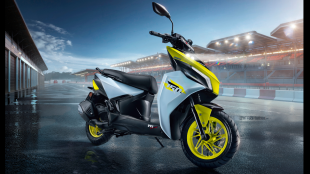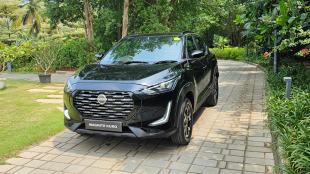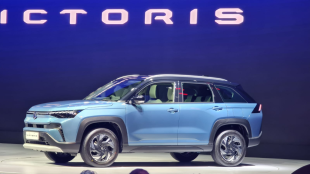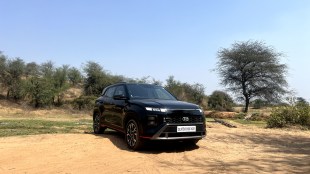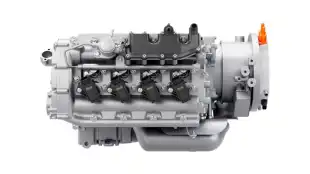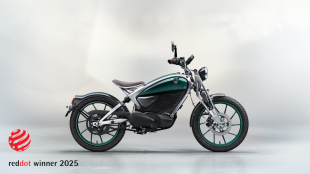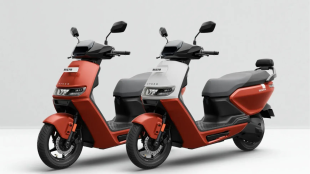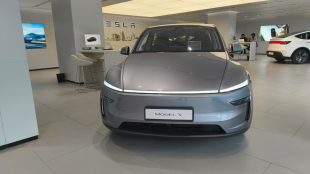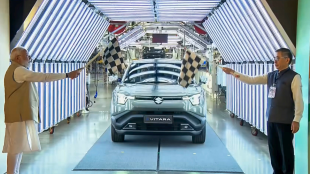The ethanol-petrol row continues, with more worried customers asking is ethanol-blended petrol safe? Is E20 safe? Clarifying doubts, P Balaji, the CEO of Tata Motors, says, “Current vehicles are designed to handle 20% Ethanol blending. No stress on that count.” Let’s get down to the facts and myths about ethanol-blended petrol and put an end to the confusion.
Is Ethanol-blended petrol bad for your vehicle?
Before we get to an answer, there are a few things we need to ask ourselves. So let’s start one by one.
Is ethanol-blended petrol safe for my car?
First, check which BS standard the vehicle is (BS3, BS4, or BS6). Once you have the answer to this, let’s move on to the next one.
Is ethanol mixed fuel okay for BS3?
The answer here depends. Some vehicles are capable of E5 ( 5 percent ethanol mix with petrol). If it is, don’t go higher than E5. There are two ways to find out: First, look around the fuel cap area to see if there is a sticker that says ‘E5’.
If not, check the owner’s manual. The owner’s manual will clearly say if the vehicle is compatible. If you don’t find the answer here, go for the 100 octane fuel, as this has zero ethanol mix in it.
Is ethanol mixed fuel okay for my BS4 vehicle?
The answer is similar to BS3. Look around the fuel filler cap and the owner’s manual. If it says E5 or E10 compatible, you can go ahead and fill accordingly. But if it says nothing, opt for a 100 octane fuel.
Is ethanol-blended fuel okay for my BS6 vehicle?
The answer is again similar. BS6 stage 2 cars run in E20, so there is no harm. But it’s good practice to speak to your dealership or read the owner’s manual. BS6 vehicles (not stage 2) are compatible with E10, but not all are compatible with E20. So check.
So what is the harm with ethanol-mix petrol?
There are a few things to keep in mind. The first is that ethanol is hygroscopic, which means it attracts moisture. When that happens, older vehicles with metal fuel tanks can start getting corroded, and those particles, along with a sticky residue the fuel leaves, can clog the fuel pump.
Please note that all these issues happen when a vehicle is parked for a long time with fuel in the tank.
Corroded particles and the sticky gunk can ruin the fuel injectors or carburettors (older two-wheelers), and the fix is expensive. The worst-case scenario is when all this manages to pass the fuel pump and the fuel injection system and ends in the combustion chamber of the vehicle, where it can scar the cylinder walls and the piston, leading to expensive repairs.
So, what is the final solution? Simple: Read the owner’s manual and fill in accordingly. If you are unsure, speak to a dealer to find out. If still unsure, fill 100 octane petrol that has no ethanol at all.


